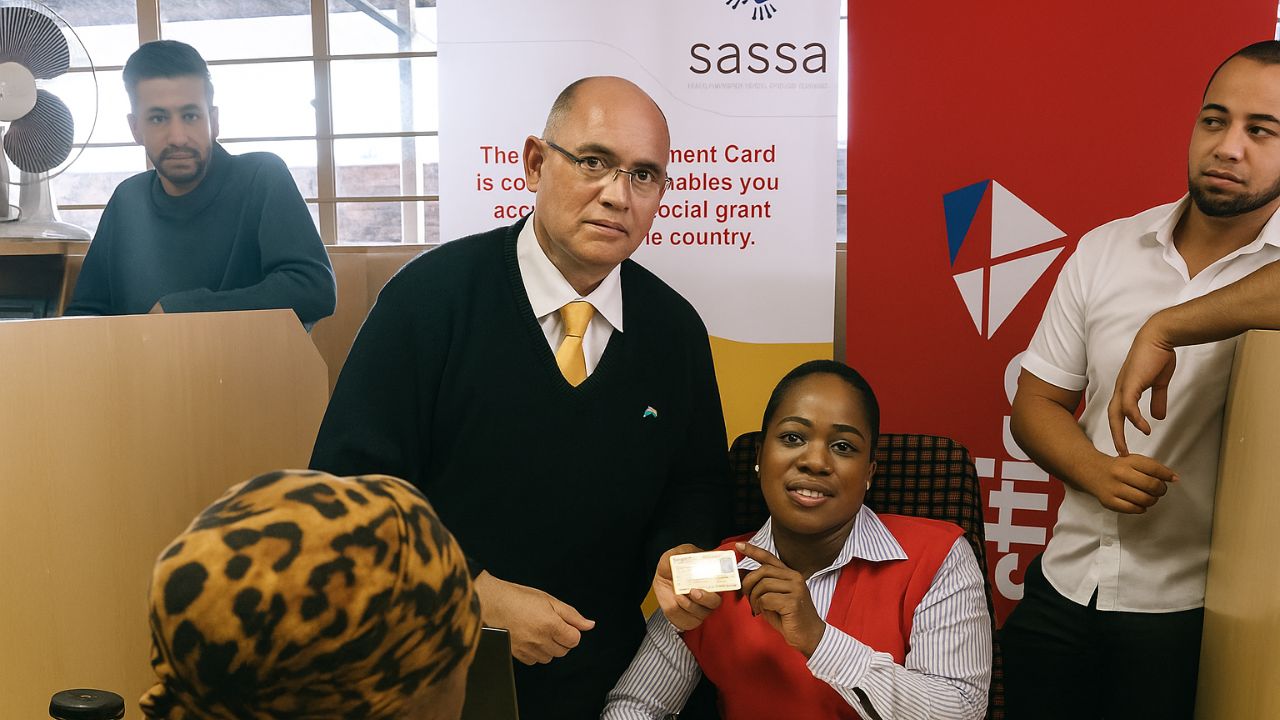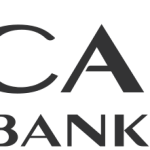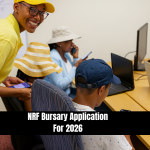How Many Months Does NSFAS Pay for Nated Students? For many South African students, the National Student Financial Aid Scheme (NSFAS) is more than just a bursary it’s a lifeline. It opens doors to higher education, especially for those who are unable to afford tertiary studies.
But if you’re a NATED student that is, enrolled in a National Accredited Technical Education Diploma programme you might be wondering: how many months does NSFAS pay for NATED students? Let’s break it all down clearly and in detail.
What is NSFAS?
Before diving into the specifics, it’s crucial to understand what NSFAS is all about. The National Student Financial Aid Scheme is a government-funded programme that provides financial assistance to qualifying South African students who wish to study at public universities and TVET colleges.
What Are NATED Courses?
NATED courses, also known as National Accredited Technical Education Diploma programmes, are practical, career-focused qualifications offered primarily at TVET colleges across South Africa.
These courses are structured into levels (N1 to N6) and are designed to equip students with both theoretical knowledge and hands-on skills for the workplace.
How Many Months Does NSFAS Pay for Nated Students?
NSFAS typically pays allowances for 10 months to NATED students. These payments are distributed monthly throughout the academic year.
The NSFAS allowance period for NATED students generally runs from March to December, covering 10 months in total. Students receive their monthly NSFAS allowances at the beginning of each month, usually during the first week.
How Are NSFAS Allowances Paid?
For NATED students, NSFAS payments are processed via the Fundi system — a secure and efficient platform that disburses funds directly to students. The funds are typically deposited as cash payments, allowing students to access the money for daily living costs and transport.
What NSFAS Does Not Cover
While NSFAS offers substantial support, there are several items and fees it does not cover, including:
- Outstanding balances from previous study periods
- Library or academic fines
- Doctor’s consultation fees
- Breakage fees or property damages
- Fridge or equipment rental costs
Students need to plan around these exclusions to avoid unexpected financial pressure during their studies.
Transport Allowance: What You Need to Know
Another key allowance offered by NSFAS is the transport allowance. However, to receive it, students must follow a specific process:
- Submit Proof of Home Address: Students must provide valid proof of residence that is no older than 3 months.
- Submit to Financial Aid Office: This document must be handed in at your nearest Financial Aid office for approval.
- Wait for Confirmation: Once your transport allowance is approved, it will be included in your monthly disbursements.
Remember, NSFAS will only approve a transport allowance if your home is more than a certain distance from the college and if there is no accommodation support already provided.
When Are the First Payments Made?
After your funding has been successfully approved, you can expect your first NSFAS payment to arrive during the first week of the following month. For example, if your application is finalised in February, your first payment will be in early March, aligning with the March to December schedule.
Why Understanding Your NSFAS Payment Schedule Matters
Being aware of your NSFAS payment timeline helps you:
- Budget your monthly expenses effectively
- Avoid spending issues or running out of funds
- Prepare in advance for costs not covered by NSFAS
- Ensure all required documents are submitted on time to avoid payment delays
Conclusion
The NSFAS 10-month payment structure for NATED students is designed to offer steady financial support throughout the academic year, from March to December.
By using platforms like the Fundi system, NSFAS ensures that students receive timely payments that cover essentials like living expenses and transport. However, being informed about what NSFAS does not cover and meeting all documentation requirements are crucial to making the most of this financial support.





















